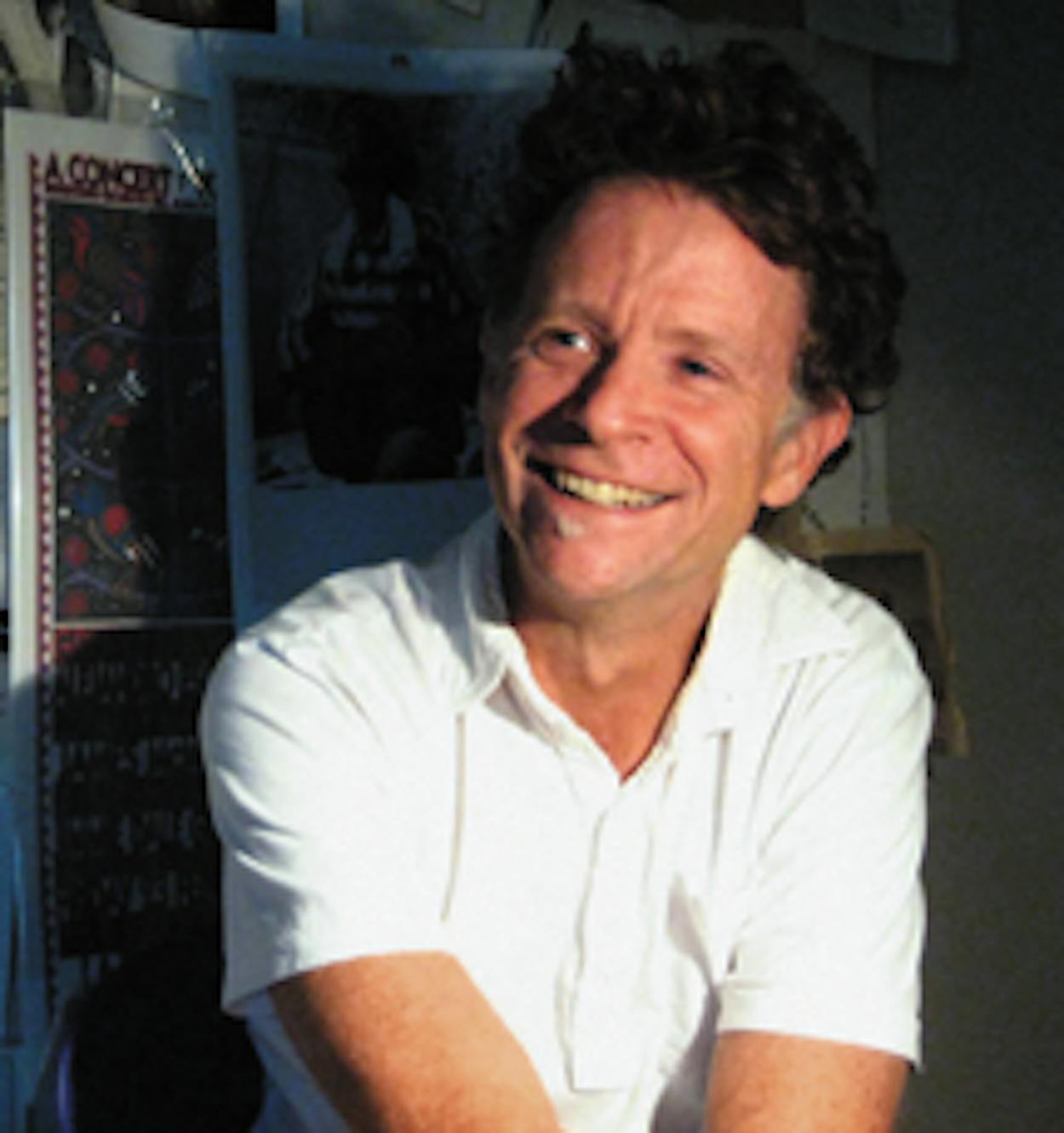Blinded by an evil stepmother? Married to two women at the same time? Dead from sleeping on damp newspapers? For the past few months Michael Hall has been sifting through legal documents, listening to stories, crisscrossing the state, and tracking down leads in the hopes of trying to piece together the life of Blind Willie Johnson, one of the greatest slide guitar players of all time. Musicians from Bob Dylan to Jimmy Page have taken cues from Johnson’s music, but despite his influence, little is known about the man who spent his life roaming Texas making music on the streets. In his article “The Soul of a Man,” Hall attempts to answer the question: Who was Blind Willie Johnson? Here’s the story behind the story.
Despite having influenced such superstars as Muddy Waters and Eric Clapton, Blind Willie Johnson remains a fairly obscure artist. How did you first hear about him?
I think I probably first heard him on the soundtrack to Paris, Texas—Ry Cooder used Johnson’s “Dark was the Night—Cold Was the Ground” as his template for the music in the movie. Cooder also played the song in the movie. I really loved the movie—it’s a great big lonely story, and the music is as important to the vibe and even the narrative as any of the acting. I didn’t realize who Cooder was riffing off of until later—and then when I dug into Johnson’s other music, I was just amazed at the playing and singing.
As a journalist, you try and figure out the facts. How do you begin reporting a story when so much of what is known is just old tall tales?
First you go back to the initial sources—the first people on the scene, when the trail was less ice-cold than it is today. Then you slowly go forward and hope you can suss out the truth from the fiction.
How did you determine which leads to follow?
You have to start with every lead that has come before you, and you have to follow them for a while, but the interesting part comes when these little warning lights start going off in your head, when a person says or said two different things at two different times, or when he/she says something that you know is doubtful or just plain wrong. Then you have to veer off that particular lead or see if it leads to another.
What surprised you most about Blind Willie during your research?
How good a guitar player he was. I’d never sat down and really listened to him closely before—and what Johnson was doing was so amazing, so spot on, so innovative. Remember, he was doing this in the middle of rural Texas in the mid-twenties, a place and time at which he would have had no mentors. Where did he learn to do that? From whom? The first slide players weren’t even recorded until 1923 and Johnson did his first session in 1927. And he’s doing things that guys today—with much better instruments, with the Internet, with two eyes, with money—can’t come close to matching. Steve James, who is one of the most noted slide guitar players alive today, told me in the story, “There’s a saying guitarists have when we try to play Blind Willie: ‘I’m getting as close as I can.’”
How much do you think race played a part in Blind Willie’s life being lost?
A big part. He was a poor, blind, illiterate black man playing in the streets of small Texas towns fifty years after slavery ended. While most people born at the turn of the nineteenth century had little in the way of paperwork, etc., to mark their lives, I think for black folks this was especially true.
What was the most difficult aspect of reporting this story?
Most of the primary sources are long gone—and the memories they recorded previously are unreliable. And there’s almost no paperwork. And the paperwork we have is unreliable.
How does being a musician yourself affect your writing when the topic is music? For example, in the story, you explain to readers in detail the intricacies of playing the slide guitar. Was this something you were already very familiar with?
Yes, I’ve tried to play slide guitar, and I’ve failed miserably. Anyone can play regular guitar. Hence my musical career.
In five words or less, explain why Blind Willie’s music is so powerful.
Sounds like I feel sometimes.
A few people have devoted a great deal of time to researching Blind Willie’s life. Could you have continued the quest? Why stop where you did?
Because I had a deadline. Seriously. Otherwise I would still be out there.
What do you want people to take away from this story?
That great music is made by all kinds of people—from acknowledged geniuses like Beethoven to unacknowledged ones like Blind Willie.







